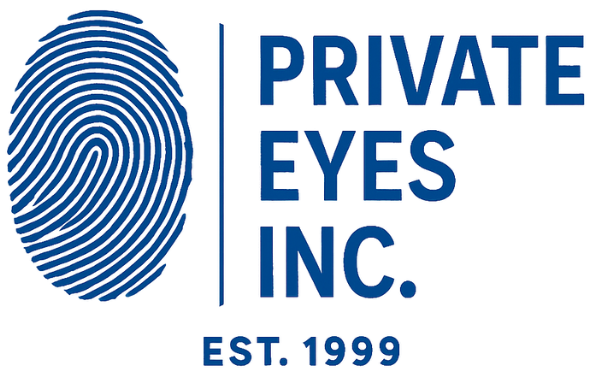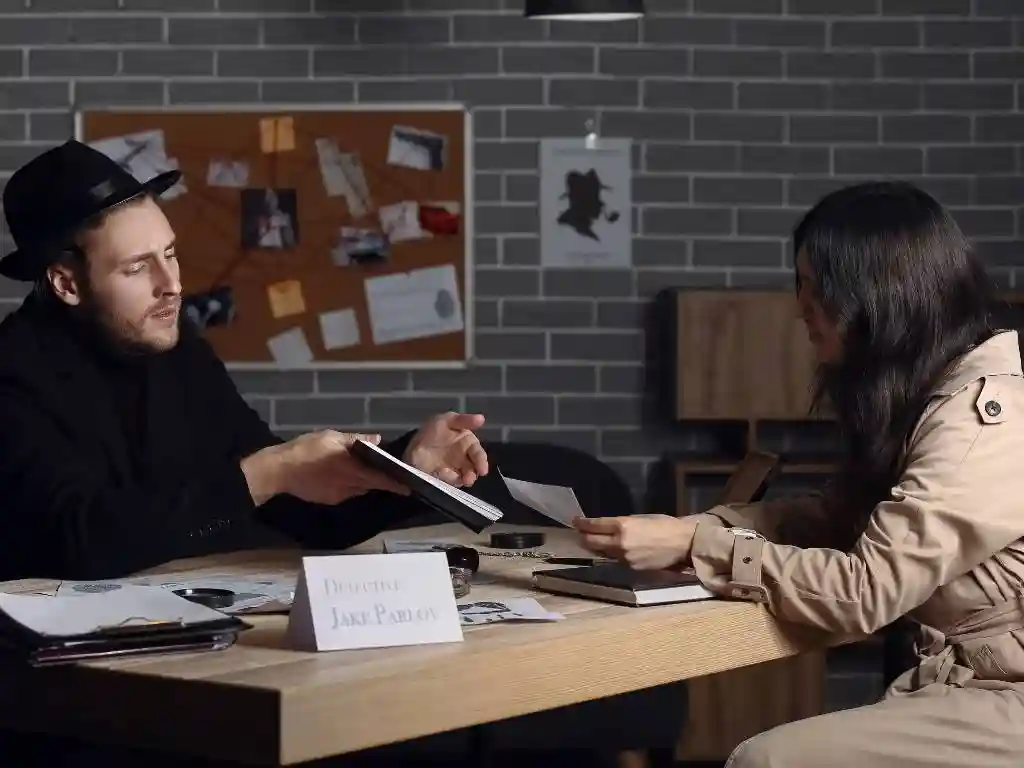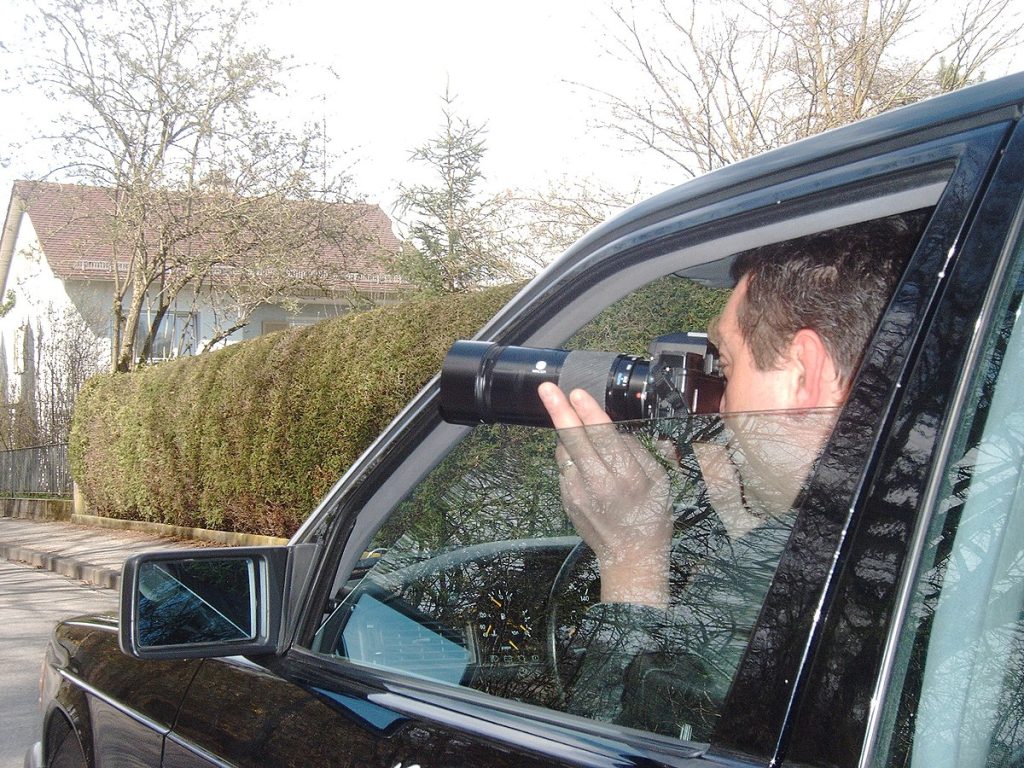In divorces where children are involved, custody is often one of the most sensitive issues and you need evidence for your child custody case. Agreeing on where the child lives, who gets to make the critical decisions on their upbringing, and visitation rights, can be difficult or seemingly even impossible. When separating spouses cannot agree, it falls to the courts to make the final decision on child custody.
An essential contemplation in that decision is whether one of the parents is considered “unfit.” In a bid to win custody, some spouses have been known to accuse the other of being an unsuitable parent. While that may be true, you’ll need to provide substantial evidence in court.
Proving that your ex is an unfit parent – or conversely, denying that this is the case – is one of the most challenging areas of divorce law. To navigate the nuances, explore how the courts reach their verdicts, what proof is needed, and how the final decision impacts both parents and children.
The Criteria Which Establish Parenting Eligibility In North Carolina
Family court judges have long experience of ruling on child custody cases in North Carolina. They’re wise to all the tricks that parents might play and can see through flimsy evidence or baseless lies. If you make false allegations, this behavior could backfire on you. So don’t ever be tempted to lie or to make exaggerated claims.
In practice, judges use a wide range of criteria when establishing parenting eligibility. In the following five sections, we’ll cover the most important criteria. Still, there may be other important considerations, such as the child’s wishes, the parent’s work schedule, current relationship status, co-parenting abilities, availability of child care, or closeness to other family members.
The Child’s Welfare
The health, safety, and welfare of the child are at the forefront of any court decision. If one of the parents poses any potential risks or dangers to the child, that may be enough to sway a custody decision in favor of the other spouse.
The Type of Relationship & Contact With a Child
The courts will always look at the type of relationship a parent has with their child and what form any contacts take. Past track records are considered a guide for future performance in this respect. Its good to have proof if you believe the opposing parent unfit.
If you’ve never taken an interest in your child or are an absent parent, that will influence the verdict. But if you’ve been missing because you were working two jobs to support your family, the courts will take a much more sympathetic approach.
Any History of Physical Abuse Towards A Child Or Spouse
Any parent who has committed acts of violence towards family members can expect a negative response from the courts. The judge will be keen to know if the child has witnessed any of the abuse or been on the receiving end. However, the judge will also carefully scrutinize any claims without proper evidence. Be sure to bring photos survelliance video and documentation.
Use Of Drugs
You’d expect the courts to come down hard on parents with a long history of substance or alcohol abuse, and you’d be right. However, the story doesn’t entirely end there. If you have a strong bond with your child and can show the courts that you’ve addressed past issues – say, you’ve completed a rehab course and have tested clean – then the judge may look more kindly on your situation.
Any History Of Mental Illness
A parent with a severe mental or psychiatric disorder may be considered unfit. Sadly, they may be a danger to both the child and themselves. For a judge to grant access, they will likely need to see medical reports, treatment plans, and details of prescribed medication. However, the courts are usually keen to find a work-around solution, such as supervised access.
How To Prove A Parent Is Unfit
It’s one thing saying that your former spouse is an unfit parent but proving it is quite another. Where a spouse is making serious allegations, the courts may require independent confirmation of any alleged misbehavior. Alternatively, they may commission a professional evaluation of the family’s situation before making a final decision. You may consider hiring a Private Investigator to assist with providing your attorney necessary evidance.
Past convictions and felonies, especially severe ones, can be used to show that a parent is unfit. And even if you haven’t been convicted of an offense, the judge may be guided by testimony from law enforcement officers, welfare agencies, child protection services, and by evidence like restraining orders.
How Courts Determine If A Parent Is Unfit
In general, the courts work on the basis that it’s in the child’s best interests to have an ongoing, proactive relationship with both parents. It’s only in extreme cases – say, child abuse, serious crime, or where a child is born due to a sexual assault – that the courts rule otherwise.
A parent may be deemed unfit for any number of reasons, from past convictions to family violence, mental illness, substance abuse, bad parenting, or even conflict with the other spouse. Accordingly, the fitness of the father or mother to parent is of the utmost importance. But the courts must also balance any decision against whatever’s in the best interests of the child.
How A Family Lawyer Can Help Assist With Unfit Parenting Cases
For a spouse trying to prove that their partner is unfit to care for their child, the support of a trusted family lawyer is invaluable. They can advise you on the best way to collect evidence, the most effective strategies to use, and how to avoid slipping up in court.
If the shoe is on the other foot, and your spouse is making false allegations about your fitness as a parent, having a skilled family lawyer on your side can make all the difference. You can benefit directly from their extensive legal knowledge and practical experience gained from working on past cases.
In both situations, you must work with a lawyer who’s right for you, so make sure you take your time before making your choice.
Bottom Line
Proving that your ex is an unfit parent can be a daunting experience. Disproving such allegations against you can be equally daunting.
But regardless of your situation, having an experienced Private Investigator at your side may be the best way to get to where you want to be.
Contact the Experienced Licensed Professionals at Private Eyes Inc today – 866.PRI.EYES (774.3937)






